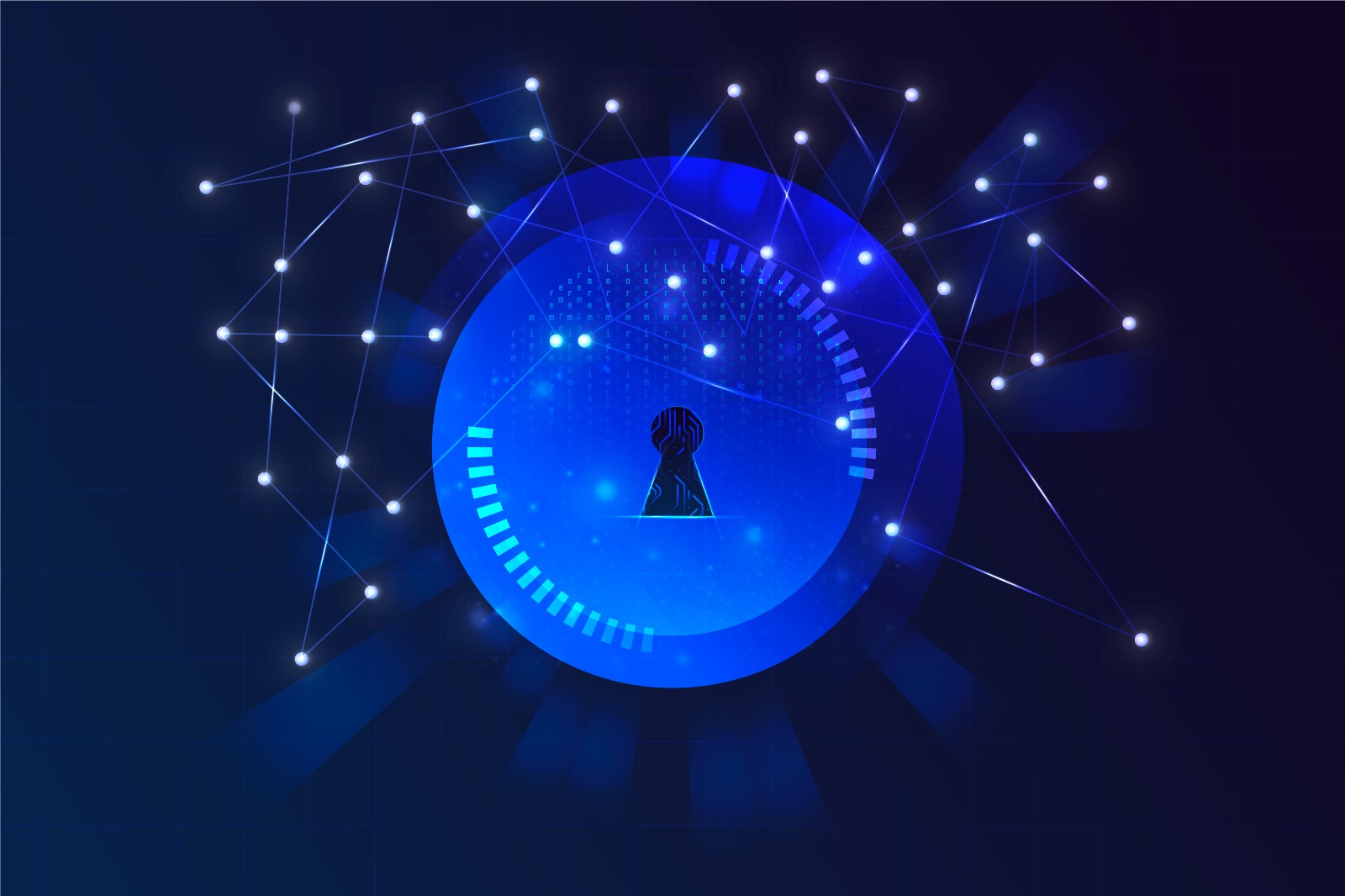Securing Personal Data Through Multi-Factor Authentication
Date Created: 08 Jan 2024Share:
In today`s interconnected digital world, ensuring the security of our personal data has become increasingly vital. The escalation of cyber threats and more sophisticated hacking tactics underscores the inadequacy of relying solely on passwords for protection. Multi-factor authentication (MFA) emerges as a robust defence mechanism in fortifying the safety of our sensitive information.

In today`s interconnected digital world, ensuring the security of our personal data has become increasingly vital. The escalation of cyber threats and more sophisticated hacking tactics underscores the inadequacy of relying solely on passwords for protection. Multi-factor authentication (MFA) emerges as a robust defence mechanism in fortifying the safety of our sensitive information.
Exploring Multi-Factor Authentication (MFA):
MFA stands as a security protocol demanding users to furnish two or more authentication factors to access an account or system. It commonly combines elements of knowledge (e.g., passwords), possession (e.g., a smartphone or token), or inherence (e.g., fingerprints or facial recognition) to verify identity.
Improving Account Security:
By combining multiple authentication layers, MFA guarantees that only authorized users can access personal accounts. This considerably heightens the challenge for cybercriminals trying to gain unauthorized entry into systems.
Safeguarding Personal Data: MFA goes beyond securing the login process, providing protection for sensitive personal information, financial data, and confidential communications from unauthorized access or potential compromise.
Enhancing Account Security: Through the integration of multiple authentication layers, MFA ensures that only authorized individuals can access personal accounts. This significantly increases the difficulty for cybercriminals attempting unauthorized entry into systems.
Protecting Personal Data: MFA not only secures the login process but also safeguards sensitive personal information, financial data, and confidential communications from unauthorized access or potential compromise.
The Significance of MFA in Personal Data Protection:
Defence Against Cyber Threats: Cyber threats continue to evolve, making data breaches increasingly common. MFA offers an effective defence by adding an extra step to the authentication process, making it more challenging for cyber attackers to gain unauthorized access.
Ensuring the Safety of Financial Transactions: As online banking and e-commerce become essential aspects of our daily routines, MFA holds a crucial position in guaranteeing the security of financial transactions. It introduces an additional security layer, minimizing the chances of fraudulent activities and identity theft.
Preserving Privacy: Personal data, including emails, social media accounts, and cloud storage, holds significant value. MFA helps preserve privacy by adding an extra shield against unauthorized access to these accounts.
Compliance with Regulations: Various data protection regulations such as GDPR in Europe or HIPAA in the healthcare sector mandate the implementation of robust security measures. MFA fulfills these requirements by offering an added layer of protection for sensitive personal information.
Implementing MFA for Personal Security:
Selecting the Right MFA Method: Choose from various MFA methods, including SMS codes, email verification, hardware tokens, biometrics, and app-based authenticators. Assess their suitability based on convenience, security level, and compatibility with different devices.
Enabling MFA Across Accounts: Ensure MFA is activated across all possible accounts, including email, social media, banking, and cloud services. This comprehensive approach prevents any weak links in the security chain.
Regularly Updating Security Measures: Keep MFA settings up-to-date and review them periodically. This includes adding new devices or removing access for outdated ones to maintain optimal security.

